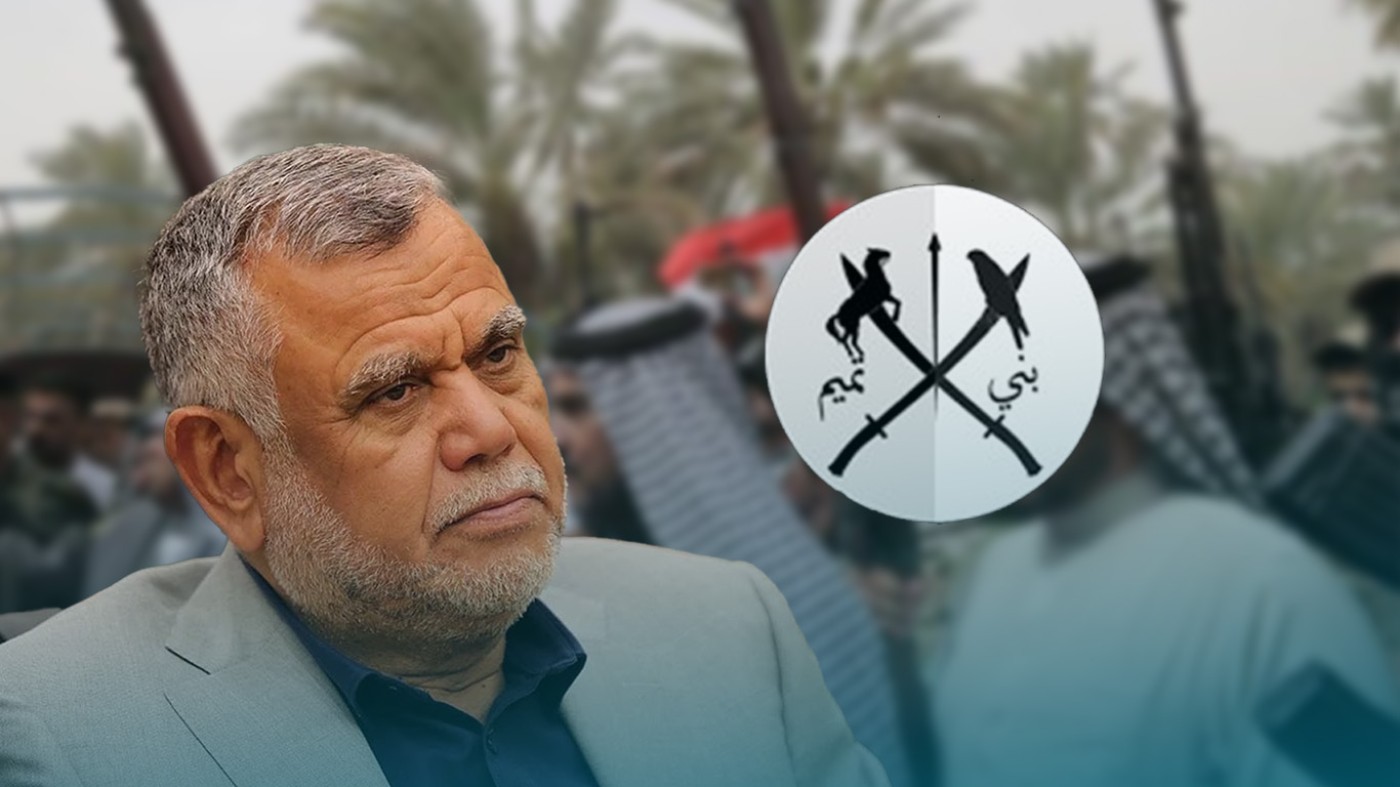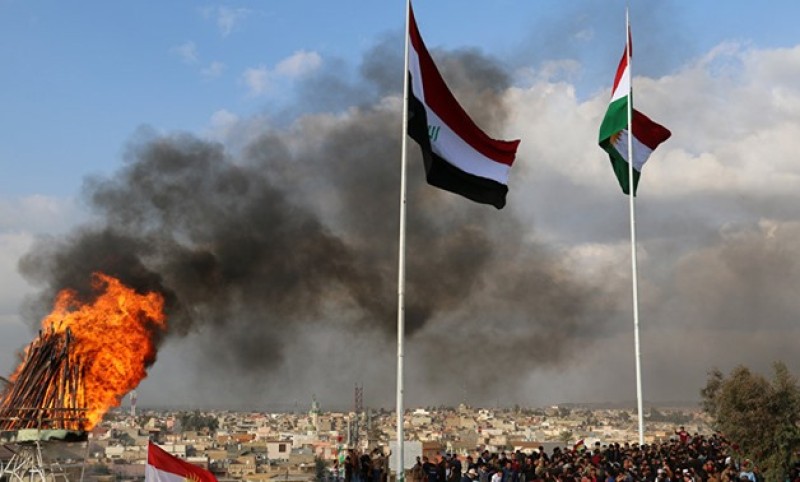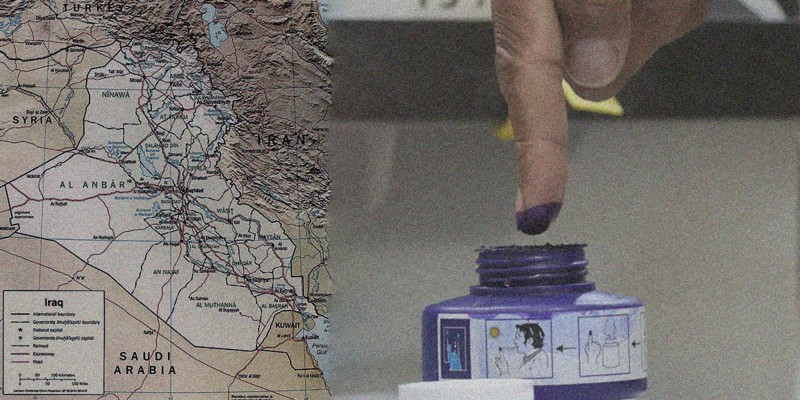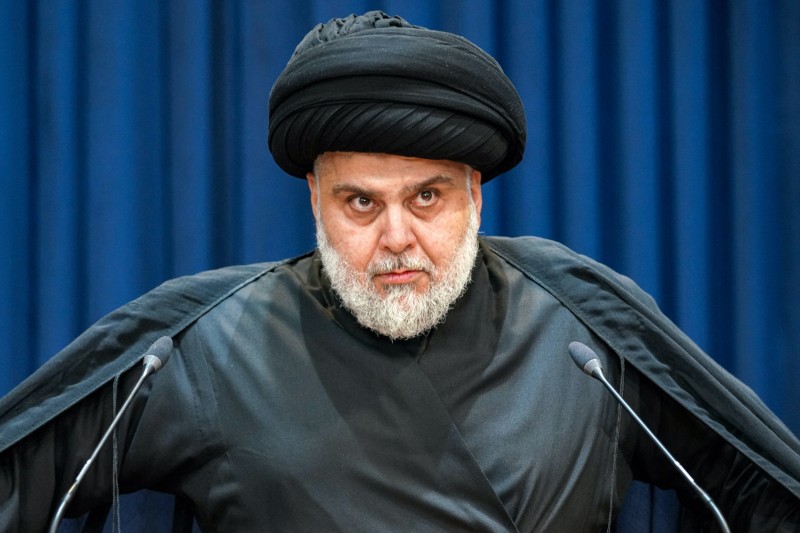The Bani Tamim tribes have emerged as pivotal figures in the governance of Diyala province, embroiled in a heated battle over the governor’s position. This conflict has garnered explicit backing from Hadi al-Amiri, the Secretary-General of the Badr Organization. Amiri struck a clandestine deal with the Bani Tamim tribes to secure the re-election of the incumbent governor, Muthanna al-Tamimi, despite opposition from other factions within the Diyala provincial council. However, this plan has faced staunch resistance from other political forces, notably the Asa'ib Ahl al-Haq movement, hindering the completion of the nine-seat majority necessary to determine the fate of the governor election process. As a result, the council remains in a deadlock.
The dynamics within the Diyala provincial council have shifted significantly, with the conflict now primarily between the Coordination Framework forces, comprising Badr and Asa'ib, rather than along sectarian lines. Nonetheless, the Bani Tamim tribes continue to hold significant sway. While Amiri strives to maintain Tamimi's position, a faction of the tribe has aligned with the Asa'ib movement, proposing an alternative candidate.
The unveiling of the new Diyala Provincial Council has sparked an unparalleled schism. In an unprecedented development, the council is now split into two factions, one consisting of 8 members and the other with 7 members. This division has posed a significant challenge for each side in garnering the necessary absolute majority to proceed with the election of the council president.
Political sources have disclosed that the ongoing crisis in forming Diyala's local government stems from the unwavering support of Amiri for his favored candidate, Tamimi, despite opposition from the Asa'ib movement and other Sunni political parties.
Amiri intentionally put forward a compromise candidate who does not meet the requirements for the governor's role. This tactic seems designed to maintain Tamimi as the only viable option, leveraging public and political pressure without offering any alternatives, according to sources.
Following the failure to elect the Diyala governor, Amiri stepped in with a compromise candidate. The nominee, Mohammed Jasim al-Omeiri, is the son of the Federal Court’ justice chief. His candidacy received unanimous support from all political factions. However, Amiri swiftly retracted his nomination of Mohammed al-Omeiri after it was revealed that he did not meet the eligibility criteria.
The candidate fell short of the minimum age requirement, as he needed to be at least 30 years old, whereas he was born in 1996. This entire process, from nomination to withdrawal, unfolded over the course of a few days.
Sources provide additional insight, explaining that the Bani Tamim tribe's activism in Diyala, advocating for the reappointment of incumbent governor, is a strategic component of a broader political pressure strategy.
This mobilization is reportedly aligned and coordinated with the Badr Organization, with Amiri being fully cognizant of these efforts. Despite potential alternatives, Amiri remains resolute in his support for Tamimi, viewing any potential replacement as a significant political setback in a province where he wields considerable public influence.
Members of the Bani Tamim tribe have recently staged protests to advocate for the election of Tamimi as governor. These demonstrations have led to road blockages, bridge closures, and other incidents of such nature across the province. Amidst the continued power struggle, Tamimi reiterated his unwavering commitment to maintaining his position in a speech delivered to his supporters, demonstrating no inclination to relinquish his role.
The Bani Tamim tribes stand as one of the largest tribal communities in Diyala. While their presence extends across multiple provinces of Iraq, a notable segment has established roots in Diyala for nearly three centuries, particularly within the Baladrooz district.
Shifting focus to the Sunni factions, which have maintained silence amidst the strife between Badr and Asa'ib, Fares al-Juboori, a member of the Sovereignty Alliance in the Diyala provincial council, diplomatically acknowledges the ongoing discord, saying that "there are no indications of a resolution at this time."
Juboori believes that political maneuvering persists in addressing the crisis in Diyala, both within the province and in the capital, Baghdad, where entrenched divisions endure. This is particularly vital given that neither side can independently form the local government and secure a majority.
However, Juboori has unveiled a potential proposal that could emerge in the days ahead, suggesting a system of "rotation" to govern Diyala's local government between the conflicting factions. According to the plan, one side would oversee the province and council for two years, with the other side assuming responsibility for the remaining two years of the electoral cycle.
While Juboori emphasized that this proposal has not yet been formally discussed in negotiations, he indicated that the persistent disagreement is likely to prompt its consideration in the near future.
It is notable that all provincial councils have convened their inaugural sessions and solidified the roles of council presidencies and governors, with the exception of Diyala and Kirkuk. Political disputes among the victorious factions have hindered advancements in Diyala, while national disputes involving Kirkuk's three components have impeded the process.
Political analyst Mohammed Ali al-Hakeem interprets the events unfolding in Diyala as reflective of the disagreements and fragmentation within the Coordination Framework. This internal discord exacerbates the divisions in Diyala, especially considering the predominant conflict between Badr and Asa'ib within the province.
Speaking to The New Region, Hakeem believed that the forces within the Coordination Framework have moved strategically during the establishment of local governments to bolster their influence, often at the expense of other factions, with an eye toward the forthcoming parliamentary elections. Recognizing the pivotal role of local governments in securing votes, they have prioritized consolidating their power base, however with tensions between Badr and Asa'ib, two strong parts of the Coordination Framework, it is uncertain if they can use Diyala as a source for more influence in parliamentary elections.



 Facebook
Facebook
 LinkedIn
LinkedIn
 Telegram
Telegram
 X
X


